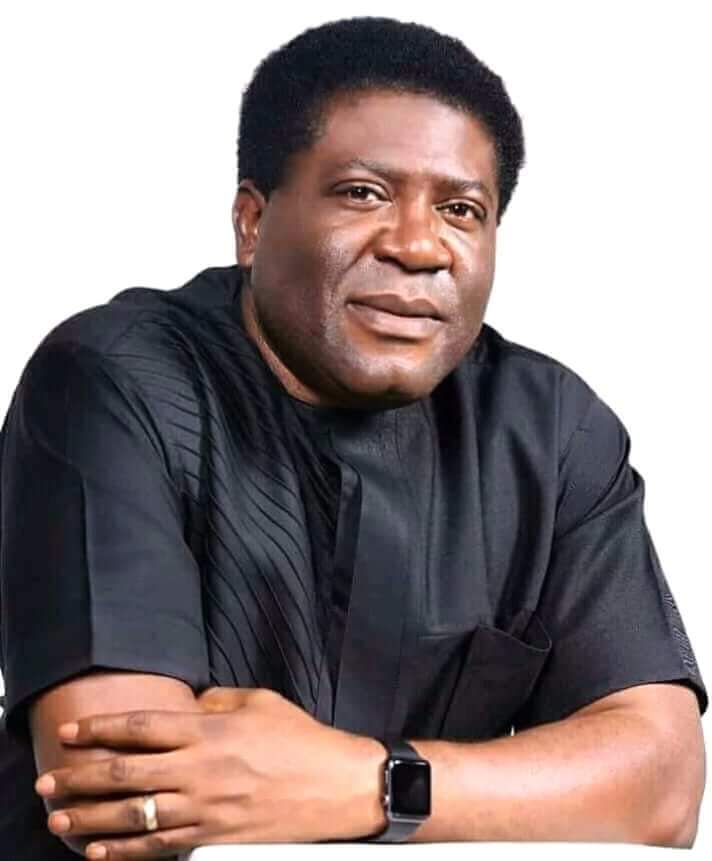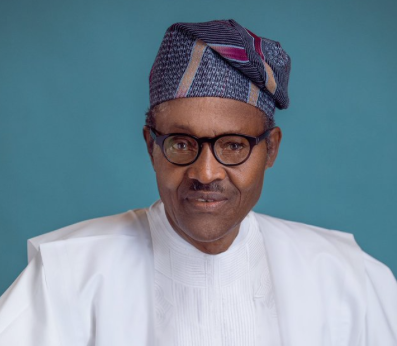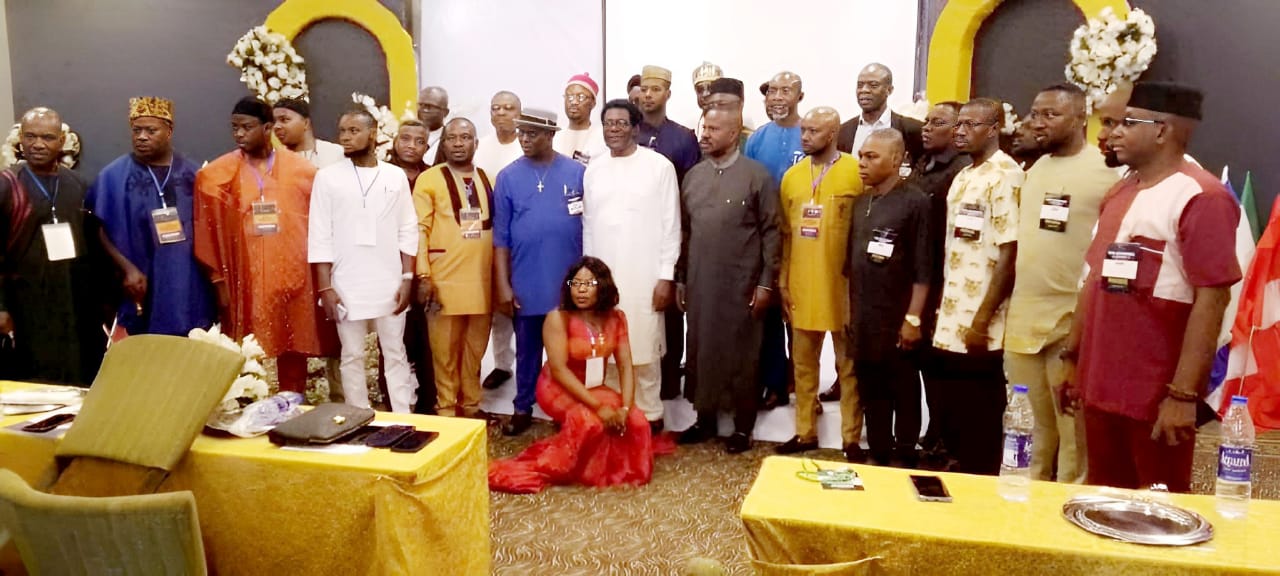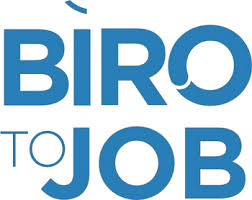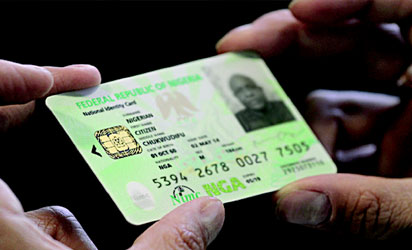Nigeria more corrupt under Buhari than me – Jonathan
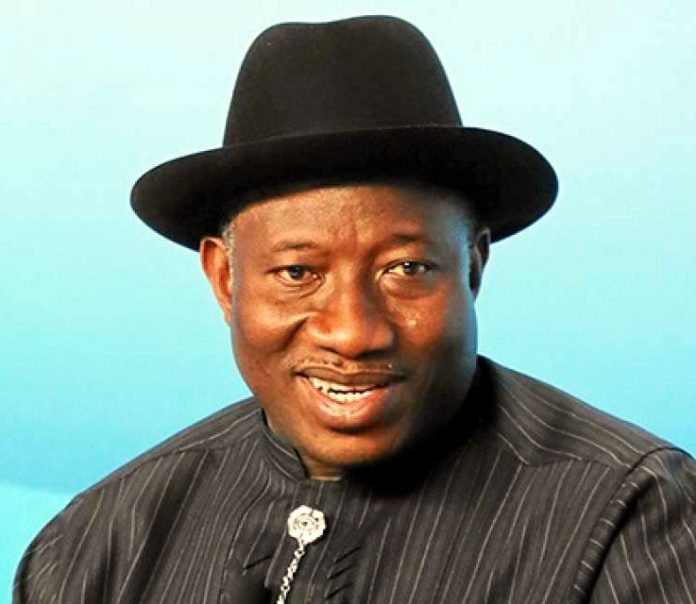
Former President Goodluck Jonathan as formally responded to the infamous claim that he tended to downplay raging corruption in his administration by boldly claiming that ‘stealing is not corruption’.
But in dispelling the claim, Jonathan claimed that corruption was more prevalent under the President Muhammadu Buhari administration than under him and dismissed the current anti-corruption fight as mere media show. The former president boasted: “It is important to note that despite the many sensational stories, dramatic arrests, seizures and accusations, many of them false, since I left office, the fact remains that Nigeria has not made any improvement on TI Corruption Perception Index since 2014. “In fact, the 2017 CPI released in 2018 by TI places Nigeria as number 148, a retrogression in which the nation went 12 place backward. In other words, Nigeria is more corrupt in 2017 than it was when I handed over to Buhari administration in 2015. “Some people may be misled with smoke and mirrors but the TI Corruption Perception Index relies on unsentimental facts and figures,” he submitted in this book, which seeks to set the records of his administration straight and debunk false narratives by commentators against his tenure. Scores his administration high on corruption fight and thump up by TI The former president paid glowing tributes to the policies and measures his administration conceived and implemented to check corruption and financial leakages and raised government revenue during his time. He pointed to the introduction of the Electronic Wallet Initiative of the Federal Ministry of Agriculture, which effectively checkmated fertiliser scam and save the country up to $192 million in the first year of its application in 2012. He also praised his administration for the development and implementation of the Integrated Personnel and Payroll Information System, IPPIS, which enabled the government to flush out 50,000 ghost federal workers and saved the country N15 billion monthly. Jonathan claimed that it was through the effective implementation of the anti-corruption measures by his administration that in 2014 that brought positive results to Nigeria and made it to receive the best ever ranking in Transparency International’s Corruption Perception Index, which ranked Nigeria 136th out of the 144 countries ranked. “This was an improvement from the nation’s previous position of 144th in 2013, 139th in 2012 and 143rd in 2011,” Jonathan noted. Jonathan clarified that he never said that stealing is not corruption, adding that what he actually said and meant was twisted out of context by his enemies just to score political mileage and bring down his administration. Jonathan said, “They claim that I once said that ‘stealing is not corruption’. This is not true. Following the constant stigmatisation of Nigeria as corrupt, I invited the leadership of the legislature and the judiciary to a meeting. “In attendance were the Senate President and his deputy, Speaker of the House of Representatives, and his deputy, the Chief Justice of Nigeria, the President of the Court of Appeal, the Chief Judge of the Federal High Court, and six states’ Chief Judges from the six geopolitical zones. Also invited were heads of the two anti-corruption agencies, viz the chairman of the EFCC and the ICPC and I presided over the meeting. “My thinking was that the head of the executive arm of government alone could not effectively eradicate the scourge of corruption, hence the need for that meeting. I personally appealed to them and argued that an all-inclusive approach could bring about tangible successes in the anti-corruption fight. “The judiciary, the legislature and the executive arms of government needed to join forces if we were to end the theft of public resources and stop corruption,” the former president explained. Jonathan said it was on the strength of his presentation that the former CJN, Justice Dahiru Musdaphar, acknowledged that he was of the same opinion. According to Jonathan, the CJN told him that he had also discovered after going through case files in the Supreme Court nearly all cases, which should have been properly labelled as ‘crimes of stealing’ and the individuals involved charged as such, were simply tagged by the prosecutors as ‘corruption’. Jonathan said, “It was on the strength of the CJN’s submission that I expounded to say that we should stop calling a spade an agricultural implement. Corruption does not fully capture the act of stealing. A person can indeed be corrupt without stealing a dime. “Those who are incapable of comprehending this elevated thought and the mischievous crowd, go about till date, that I said ‘stealing is not corruption’. They never bothered to even check the context in which I spoke. If you ask many of those clinging to that falsehood and mouthing the malicious misrepresentation, to quote where I said it, they will tell you ‘they only heard’. “Let me say categorically that I have never said that stealing is good and that people should steal; neither did the CJN. Stealing is stealing ad instead of calling it corruption, let us call the thief by his proper name and not use a blanket word like corruption. He argues: “Corruption encompasses many things.” Quoting Transparency International, Jonathan said: “Corruption is defined as the ‘abuse of entrusted power for private gain. “We must not lump everything together and say stealing is corruption. We must isolate stealing and make it as plain as day because Nigerians hate thieves. I abhor jungle justice, but we have witnessed Nigerians show their hatred for suspected thieves by burning them alive.
